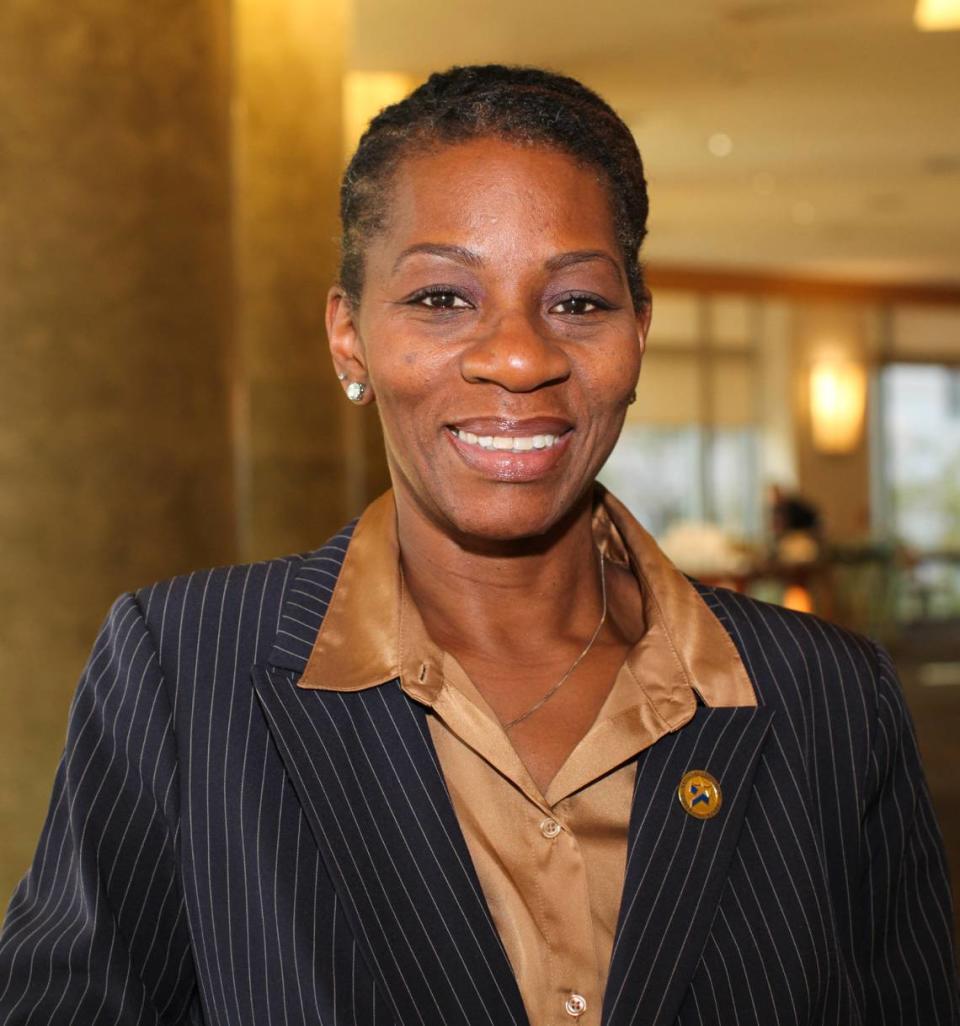Math scores took a dive in NC, but there’s a way to climb out of this crisis | Opinion
We don’t need a mathematical proof to answer the question of how the pandemic impacted student learning. Major declines on a recent international test and on The Nation’s Report Card, which saw the largest declines in 30 years, paint a picture of a math crisis in America.
It’s a crisis that requires us to take critical steps to ensure learning gaps don’t become a barrier to future success.

In North Carolina, we’re holding students to high expectations while embracing strategies to help students recover academically. We’re investing in intensive math tutoring, high-quality summer learning programs, and better data monitoring and analysis to support good decision-making.
We’re also working with our higher-education community to better understand which research-based strategies are most effective in helping accelerate student learning.
Students are making progress toward recovery, though we still have more to do to fully close pandemic-era learning gaps. I’m hopeful additional proposals under consideration will be rolled out soon. These include developing early screening programs to help elementary teachers see whether students have holes in their math knowledge and support teachers with robust professional development and guidance on classroom practices and materials.
If those strategies sound familiar, it’s because they are similar to approaches North Carolina Superintendent of Public Instruction Catherine Truitt and a broad coalition of other N.C. leaders have successfully pursued to improve reading instruction.
When it comes to math, though, there are unique challenges. The latest PISA international scores included survey data showing students who had strong growth mindsets, or believed hard work could pay off, did better in math than their peers. This made me think of a recent classroom visit where a sixth-grade boy said: “I’m just not good at math.” I asked him to tell me something he was good at, to which he proudly said, “Basketball.” He’d been playing basketball since he was 7, and I asked whether he was as good then as he is today. He said of course not — he’s better now from practicing. In that moment, we reframed that idea that he wasn’t good at math but could thrive if he worked hard and got the help he needed.
We also must ensure all students enjoy and find relevance in math class. When I taught high school math, I used to start the year by asking how my students felt about the subject. Many admitted to disliking it, but I said they’d feel differently by the end of the year. How? I connected the math content to their interests and used topics they cared about when we interpreted data. I also used evidence-based practices like having students work collaboratively in flexible groups and applying what they learned toward solving real-world problems.
I continue to learn about good math instruction, including through my role as one of North Carolina’s representatives on the Launch Years Initiative, a multi-state effort to examine high school math, evaluate course-taking options, and ensure learning opportunities are equitable. One question we’re examining is whether students have enough access to vital topics such as statistics, which is used in many careers. It’s a topic embedded in our state standards across grades and found on many assessments, but questions remain whether all students get enough exposure.
My daughter is getting her nursing degree, and she thanked me for urging her to take statistics in high school, noting it’s been useful for her studies. Not every student has a math educator for a mom, but each one should be set up for post-secondary success.
I am hopeful that we’re on the cusp of making important changes to math instruction. It’s happening in reading, and I’m confident we can do it in math. Instead of hearing students say math isn’t their thing, or that they don’t like it, I look forward to hearing them say they are up for the challenge and how much they, in fact, love math.
Lisa Ashe is a math consultant at the N.C. Department of Public Instruction and serves on the National Assessment Governing Board, which oversees the Nation’s Report Card.

